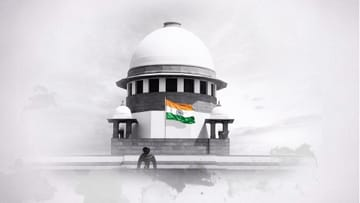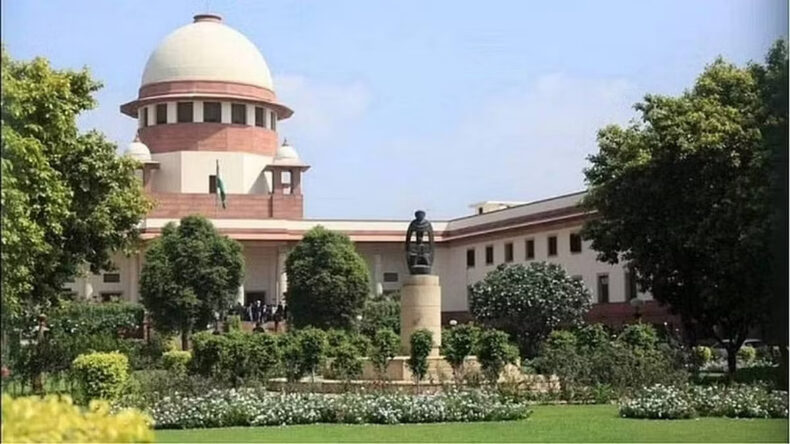
Source: The Hindu
SC Bestows Property Entitlements to Offspring of Invalid Marriages.
In a groundbreaking decision, the Supreme Court of India has decreed that progeny born from void or voidable marriages are eligible to inherit a portion of their parents’ assets under Hindu statutes. This pivotal ruling, announced recently, carries extensive implications for the inheritance rights applicable to Hindu joint family properties regulated by the Hindu Mitakshara law. It is imperative to note that the court has expressly elucidated that such offspring do not hold entitlement to properties owned by any coparcener apart from their parents.
This verdict culminates from a protracted legal battle initiated in 2011, stemming from a plea filed to address the contentious quandary of whether offspring born from invalid marital unions should assert claims over their parents’ ancestral property.
In the previous month, a judicial panel, comprising Chief Justice of India (CJI) D Y Chandrachud and justices J B Pardiwala and Manoj Misra, adjudicated arguments presented by several legal practitioners on this subject. Additionally, the Supreme Court deliberated on whether the share of these offspring is confined exclusively to the self-acquired assets of their parents, as prescribed under Section 16(3) of the Hindu Marriage Act. These inquiries were referred to a more extensive judicial panel by a two-judge division of the Supreme Court on March 31, 2011.
Chief Justice D Y Chandrachud, while announcing the judgment, declared, “Once the share of the deceased in the property that would have been apportioned to him in the event of a hypothetical partition immediately prior to his demise is determined, his heirs, inclusive of the offspring who have been conferred with legitimacy under Section 16 of the Hindu Marriage Act, shall be entitled to their portion in the property that would have been allocated to the deceased in the hypothetical partition.”
The panel, headed by Chief Justice D Y Chandrachud, further underscored that a child born out of a “null and void” matrimony is deemed legitimate. They delineated two principal conclusions: firstly, a child born from a matrimony pronounced null and void is endowed with statutory legitimacy, and secondly, in situations where a voidable marriage is annulled, a child conceived prior to the annulment is also regarded as legitimate. Notably, the bench emphasized that these equal entitlements have been extended to daughters as well.

This ruling marks a significant deviation from the Supreme Court’s stance in 2011, which had staunchly asserted that children originating from “void or voidable marriages” could only assert their rights over their parents’ property, with no claim to ancestral properties. The present bench, however, challenged this precedent, citing evolving societal norms and the shifting perception of legitimacy within society.
The panel expounded, “With evolving societal norms regarding legitimacy in every community, including our own, what was considered illegitimate in the past may be considered legitimate today. The concept of legitimacy emanates from societal consensus, in the construction of which numerous societal factions play an indispensable role… In a transforming society, the law cannot afford to remain immutable…”
According to Hindu jurisprudence, a void marriage signifies that the involved parties do not hold the status of husband and wife from the inception. Conversely, in a voidable marriage, the status of husband and wife subsists until a decree of nullity is granted. In a void marriage, no such decree of nullity is requisite to annul the matrimony.
This ruling has the potential to reshape the dynamics of inheritance within Hindu families and empower offspring born from void or voidable marriages to assert their rightful stake in their parents’ property.













